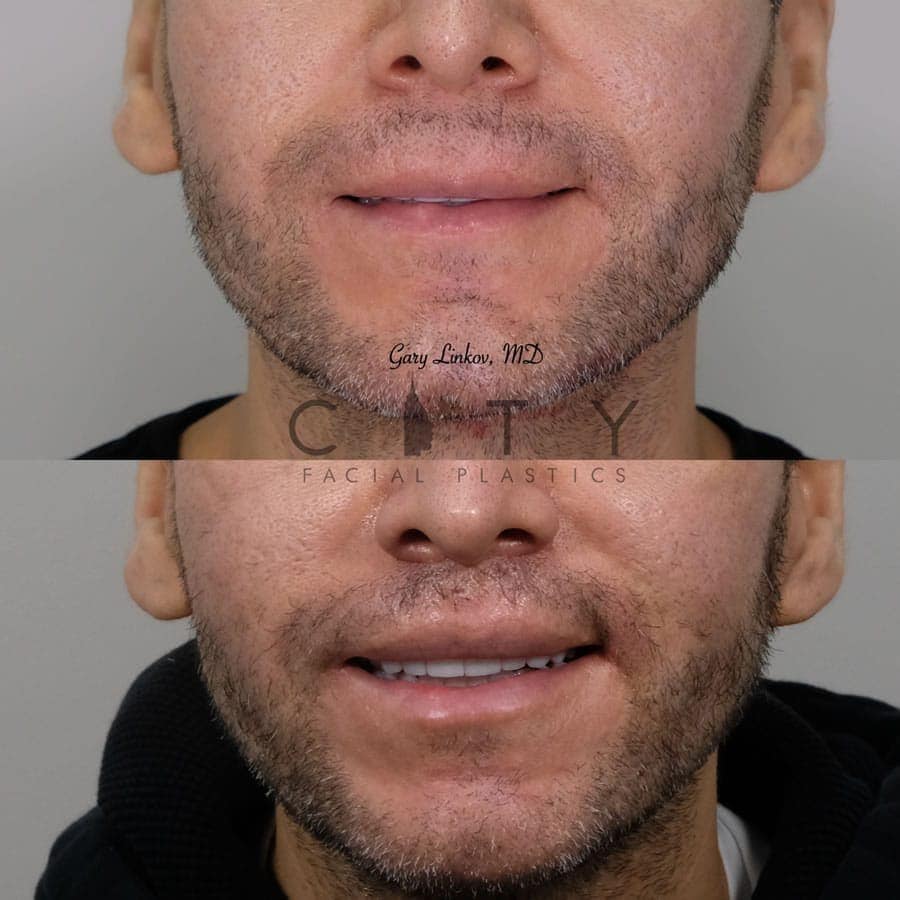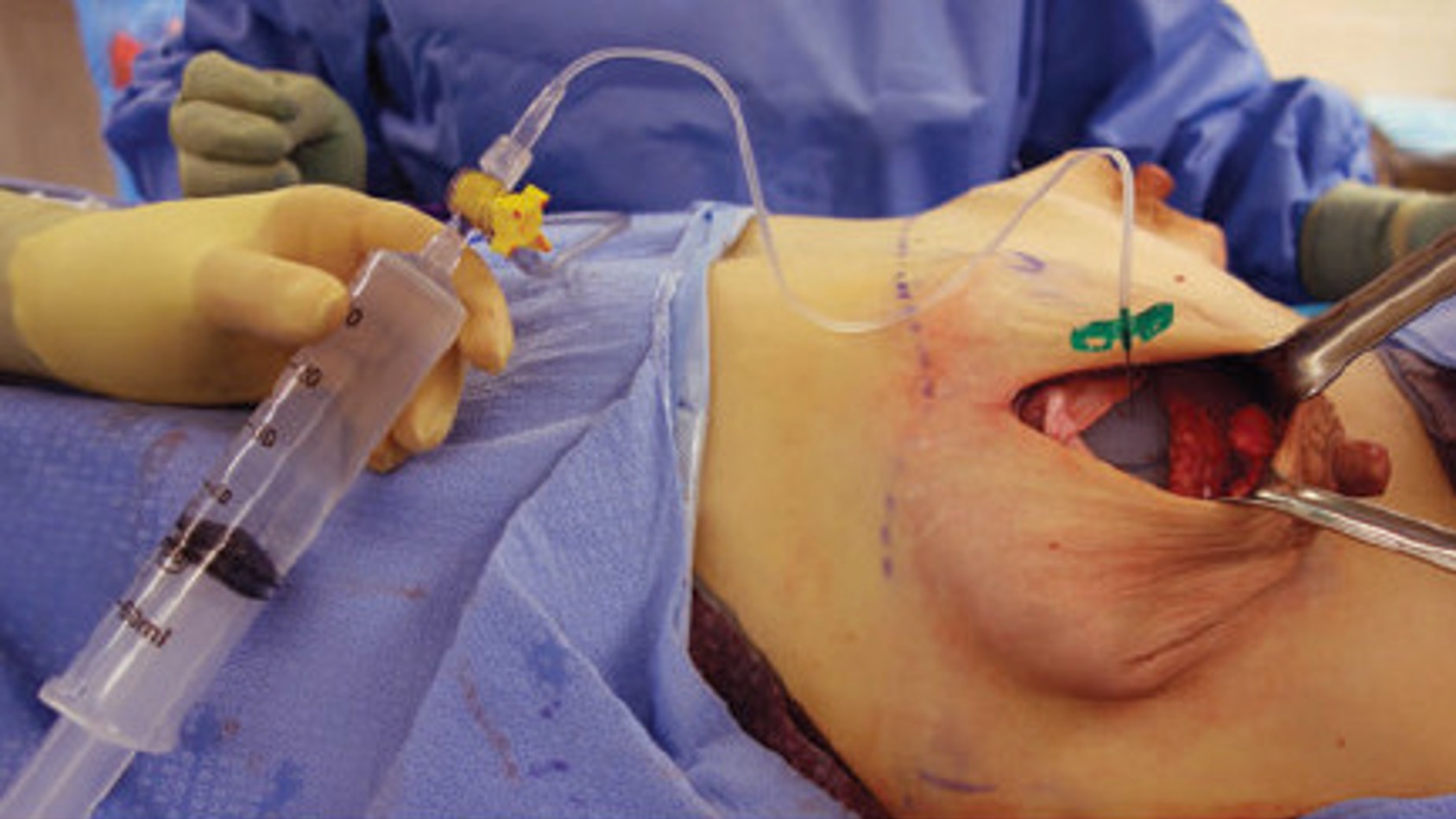Breast Augmentation Rancho Cucamonga: Achieve Natural-Looking Enhancement with Top Surgeons
Breast Augmentation Rancho Cucamonga: Achieve Natural-Looking Enhancement with Top Surgeons
Blog Article
Exploring the Psychological and Social Variables That Drive People to Consider Plastic Surgery as a way of Enhancement
The choice to go after cosmetic surgical treatment usually prolongs beyond plain visual appeals, linking with psychological and social dynamics that warrant comprehensive examination. Elements such as self-confidence, prevalent social elegance criteria, and the prevalent impact of social media sites merge to form specific inspirations for surgical enhancement. As these impacts end up being significantly popular, comprehending the underlying cultural and emotional contexts is vital. What continues to be to be checked out is the profound effect these elements have not just on personal identity yet also on broader social norms and worths bordering charm and acceptance.
The Role of Self-confidence
Self-worth significantly influences a person's decision to seek plastic surgery. Individuals with reduced self-esteem often perceive themselves in an unfavorable light, leading to sensations of inadequacy regarding their physical look. This unfavorable self-perception can drive them to seek surgical interventions as a technique of improving their self-image. The desire for renovation in one's appearance is regularly connected to an idea that such changes will certainly boost their total self-worth and confidence.

Ultimately, the function of self-confidence in the decision-making procedure concerning cosmetic surgery highlights the complex interplay between body image, personal complete satisfaction, and mental health. Recognizing this connection is essential for healthcare specialists to ensure that patients are making educated decisions rooted in realistic assumptions and psychological wellness.
Societal Elegance Standards
Influenced by pervasive media representations and cultural stories, societal charm standards play a vital function in forming individuals' understandings of their own bodies. These standards are commonly characterized by an idealized kind of elegance that highlights qualities such as balance, youthfulness, and slimness. As these perfects are bolstered through different networks, consisting of advertising and marketing, movie, and television, people regularly internalize these messages, bring about dissatisfaction with their all-natural look.
The implications of these social norms extend beyond visual preferences; they can influence self-esteem, psychological health, and interpersonal partnerships. Individuals that regard themselves as dropping short of these requirements may experience feelings of insufficiency, triggering a wish for cosmetic surgery as a way of accomplishing social authorization. This quest is commonly fueled by the belief that complying with these perfects will boost not just physical look yet also social standing and personal fulfillment.

Influence of Social Network
The influence of societal beauty requirements is more amplified by the increase of social media sites platforms, where curated images and idyllic representations of elegance are ubiquitous. Customers are regularly exposed to filtered and modified photographs, which usually depict unattainable physical qualities. This direct exposure cultivates a society of contrast, leading individuals to examine their own look versus these frequently impractical criteria.
Social media influencers and stars frequently promote aesthetic procedures, normalizing the idea that surgical improvements are a viable methods for achieving social perfects (plastic surgery rancho cucamonga). The visibility of these improvements can create an assumption that undertaking cosmetic surgical procedure is a standard method, thereby affecting people to consider similar treatments as a pathway to enhanced self-esteem and social approval
Moreover, the interactive nature of social media sites permits for immediate responses through sort and remarks, further reinforcing the wish to adapt popular charm requirements. Such interactions can worsen sensations of inadequacy and drive people towards plastic surgery as a way of acquiring recognition. Eventually, social networks plays a critical duty in shaping perceptions of elegance, which significantly influences the decision-making processes bordering plastic surgery.

Social Viewpoints on Look
Throughout numerous cultures, perceptions of look are deeply rooted in historical, social, and economic contexts, shaping people' views on beauty and worth. In several cultures, appearance functions as a substantial pen of identity, affecting social condition, expert opportunities, and individual connections. For example, in some societies, light skin is usually connected with wealth and opportunity, while others may idealize darker complexion as symbols of toughness and credibility.
Furthermore, standard elegance criteria are often bolstered through cultural narratives, media representations, directory and family members influences, bring about differing ideals across various areas (plastic surgery rancho cucamonga). In Western societies, the focus on young people and physical fitness often drives people toward aesthetic enhancement, while in specific Eastern cultures, even more subtle changes straightened with conventional aesthetic appeals might be chosen
Globalization and the proliferation of electronic media have additionally made complex these dynamics, producing a hybridization of beauty perfects that goes beyond geographical boundaries. As individuals significantly browse these social narratives, the stress to comply with particular appearance standards can bring about the desire for plastic surgery, reflecting a complex interplay of individual desires and cultural worths. Comprehending these social point of views is important in attending to the motivations behind cosmetic surgical procedure considerations.
Psychological Impacts of Plastic Surgery
Numerous individuals looking for cosmetic surgical treatment record experiencing extensive psychological impacts that can significantly modify their self-perception and psychological health - plastic surgery rancho cucamonga. The need for physical enhancement frequently stems from underlying issues such as reduced self-worth, body dysmorphic condition, or societal stress pertaining to elegance standards. For some, the prompt post-operative stage can result in a temporary increase in self-esteem and satisfaction with their look, fostering a feeling of empowerment
Nevertheless, these favorable sensations may not be sustaining. Research study shows that while some individuals experience improved self-worth, others may encounter intense stress and anxiety or depression if their expectations are not satisfied. This disparity can arise from unrealistic perfects bolstered by media depiction and cultural narratives surrounding appeal.
In addition, the mental implications of plastic surgery prolong past the person. Relationships with family members and good friends might be stressed as social characteristics shift, leading to feelings of seclusion or alienation. Inevitably, the mental influences of cosmetic surgical treatment are diverse and intricate, calling for cautious factor to consider by both possible clients and healthcare companies to make certain informed decision-making and reasonable assumptions.
Verdict
Finally, the choice to seek cosmetic surgery is dramatically influenced by a combination of self-worth issues, societal charm requirements, and social viewpoints on look. The prevalent reach of social media further intensifies these pressures, advertising unrealistic suitables that individuals commonly make every effort to attain. Understanding these mental and social aspects is crucial for resolving the inspirations behind plastic surgery, highlighting the need for an extra nuanced discussion bordering appeal and self-acceptance in contemporary society.
The choice to seek cosmetic surgical treatment typically expands past simple aesthetics, linking with emotional additional resources and social characteristics that warrant thorough examination. Inevitably, social media plays a crucial role in shaping perceptions of elegance, which significantly influences the decision-making procedures surrounding cosmetic surgery.
As people progressively navigate these social narratives, the stress to adjust to certain appearance standards can lead to the need for cosmetic surgical try this web-site procedure, mirroring a complicated interaction of individual aspirations and cultural values.In final thought, the choice to seek cosmetic surgical procedure is significantly affected by a combination of self-worth concerns, societal beauty criteria, and cultural perspectives on look. Comprehending these social and emotional variables is vital for addressing the inspirations behind cosmetic surgery, highlighting the requirement for an extra nuanced conversation bordering beauty and self-acceptance in contemporary culture.
Report this page